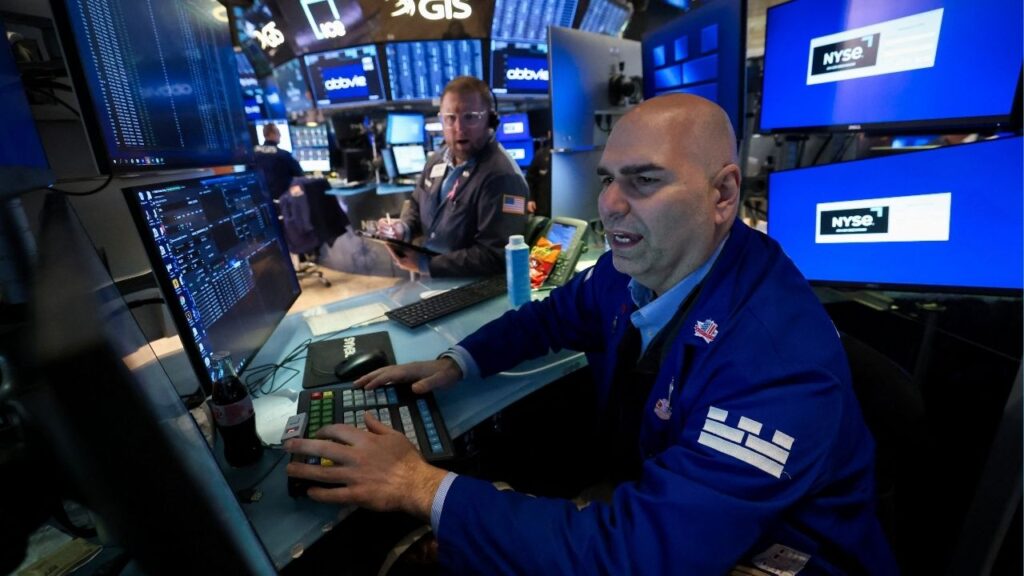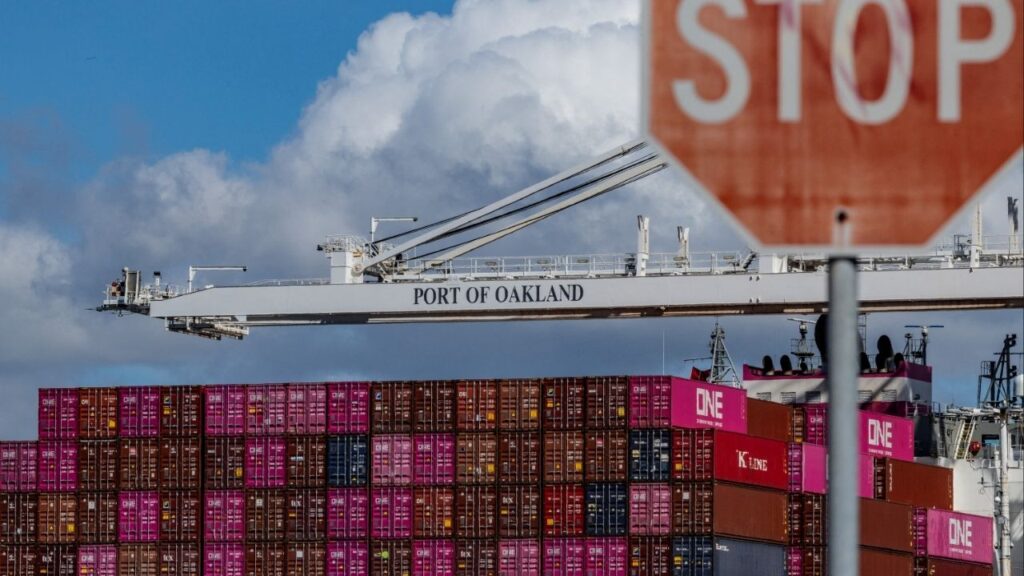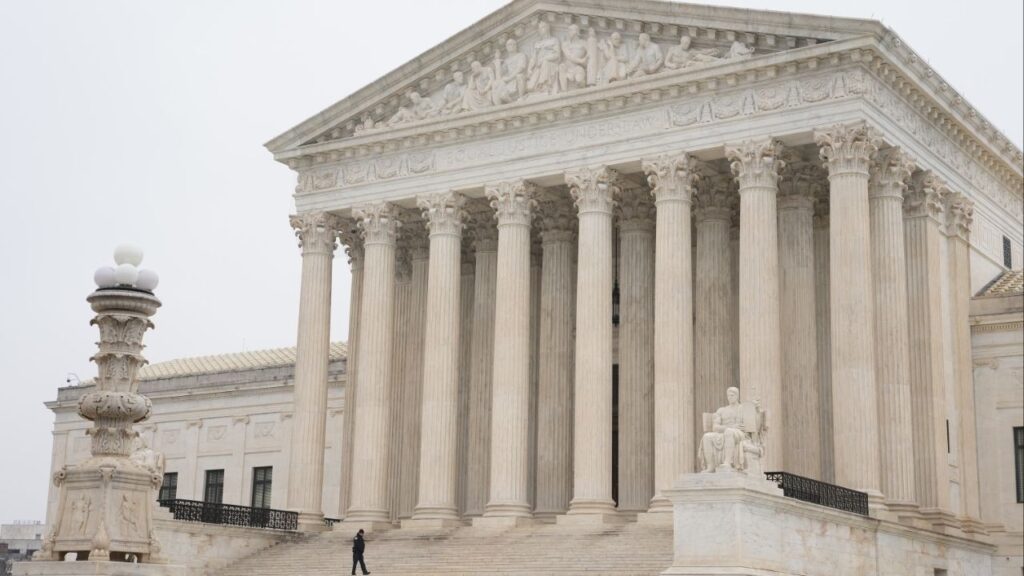Share
When Islam’s holy month of Ramadan begins next week, there will still be prayers, fasting, and feasting, but because of the COVID-19 pandemic the prayers and celebrations will be in the homes of the Muslim faithful instead of in mosques.
Shelter-at-home orders prevented communal gatherings of Christians and Jews celebrating Easter and Passover earlier this month. The restrictions pose similar challenges for Muslims during Ramadan.
The holy month, which this year begins April 24, commemorates the Prophet Mohammad’s first revelation of the Quran, Islam’s holy book.
Fasting from food, drink, tobacco, and caffeine starts at sunrise and ends at sunset each day and is intended to bring Muslims closer to Allah.
Fasting Is Individual Decision
But with the coronavirus in our midst, some may decide to postpone fasting to a later time so they can remain properly hydrated and healthy.
Muslims have always been free to choose whether to fast during Ramadan if they have health concerns, said Imam Seyed Ali Ghazvini of the Islamic Cultural Center of Fresno in northeast Fresno.
Many Muslims in the Fresno area have already been engaging in mini-fasts — abstaining from tobacco and caffeine for a few days at a time in the weeks leading up to Ramadan so they are better prepared for full fasting once the month begins, he said.
Muslims will still be able to engage in the same activities as in past years, but in a more virtual environment at home, said Imam El Sayed Ramadan of the Masjid Fresno Islamic Center on Shaw Avenue in central Fresno.
Social Media Takes Center Stage
Ramadan said he has been posting prayers and recitations from the Quran on the mosque’s YouTube channel, and Muslims also can pray and read on their own at home.
If there is any silver lining to the quarantines, it’s that people have more time to reflect on their faith and their connection to it, he said.
“We need to remember something, because religion is not practiced only as a community activity,” Ramadan said. “It is basically an individual connection between a person and his almighty god.”
While the traditional meals at the mosque to mark the breaking of the daily fast won’t be possible this year, Ramadan said, the mosque is making sure the needy will be fed and is handing out food cards on Thursday so families can stock up on groceries ahead of time.
Youth Center Also Goes Virtual
My Deen, the northeast Fresno center for Muslim youth and families, also has moved to virtual activities to keep children engaged, said Sheraz Gill, president of My Deen’s board.
The communal meals that mark the end of the daily fast are part of the social fabric that’s hard to reproduce virtually, he said.
“Generally we have a lot of people come to our center for that type of event. It’s a long day, people are working, you’re fasting, no food, no drink, it’s an opportunity to break that fast collectively and thank Allah for all the blessings we have,” Gill said. “So we’re thinking, how do we do that virtually? Maybe we can partner with a restaurant, where people can go and get food.”
Ramadan is usually a time for fellowship and community activities, and that will be sorely missed, especially for those older Muslims who live alone in isolation, Ghazvini said.
“We are social animals,” he said. “We’re not meant to stay at home.”

Seniors Are at Risk
The Islamic Cultural Center also has been posting activities online, using Zoom teleconferencing and YouTube channels
Ghazvini said he has called older Muslims who have been homebound since mid-March, when Gov. Gavin Newsom recommended that seniors 65 and older shelter at home prior to issuing the stay-at-home order for all Californians.
Self-quarantining is keeping people safe from COVID-19, which is highly contagious and is particularly dangerous for older people and those with serious health issues, but is putting their mental health at risk, Ghazvini said.
So his phone calls with some of them have been sad. “They haven’t left home in six weeks,” he said. “They cry and cry and cry.”
Feeding The Hungry Continues
The Islamic Cultural Center is looking for alternatives to the large communal evening meals that usually are served to people of all faiths during Ramadan, Ghazvini said.
The center’s board was scheduled this week to discuss whether to collect donations of dry and canned foods, or to buy grocery gift cards, to help low-income families, he said.
And, to keep things traditional, Ghazvini said he’d like to include “a piece of date or two,” which is how Muslims usually break their fast during Ramadan.
Watch: Celebrating the End of Ramadan in 2018
RELATED TOPICS:
Categories
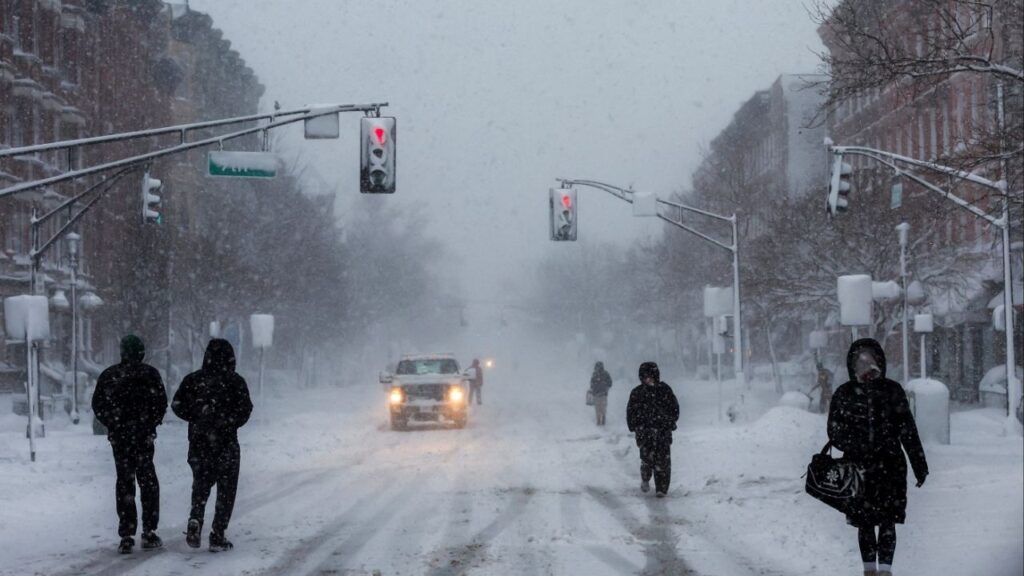
Blizzard Slams US Northeast, Closing Roads and Canceling Flights
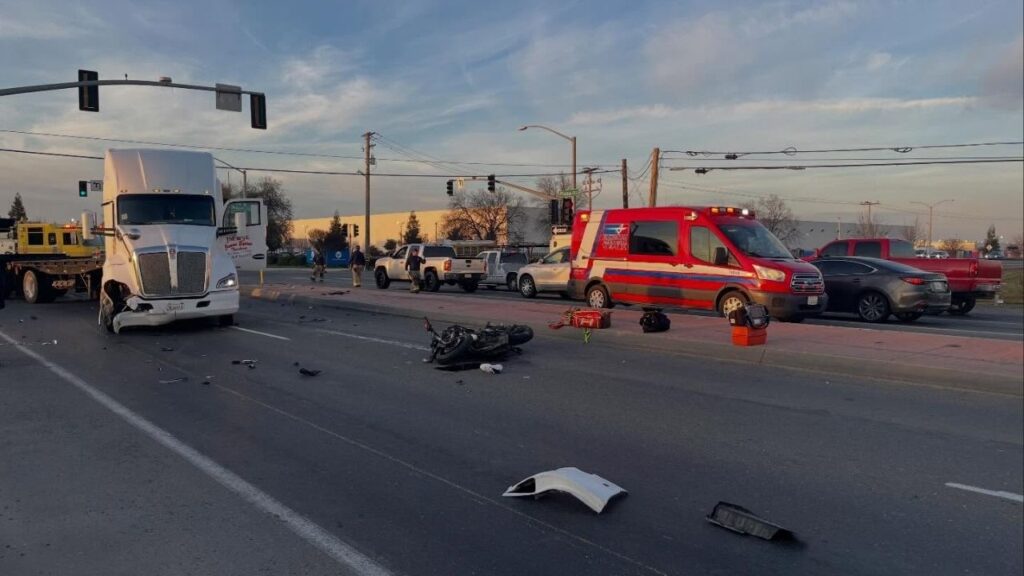
Visalia Crash at Riggin and Plaza Sends Motorcyclist to Hospital
